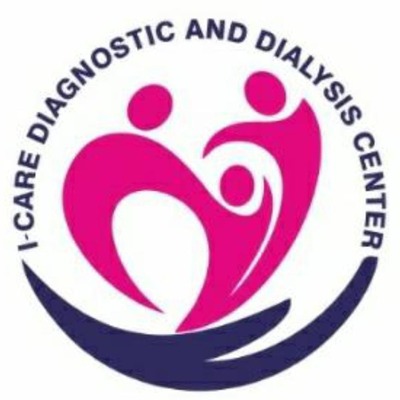+918048037212

This is your website preview.
Currently it only shows your basic business info. Start adding relevant business details such as description, images and products or services to gain your customers attention by using Boost 360 android app / iOS App / web portal.
Computerized pathology, also known as digital p...

Computerized pathology, also known as digital pathology or virtual pathology, is a field within medicine that utilizes computer technology to aid in the diagnosis and analysis of diseases and conditions through the examination of digital images of tissue samples. It involves the digitization of traditional glass slides containing tissue samples and the use of image analysis algorithms and machine learning techniques to assist pathologists in interpreting and analyzing the images. In traditional pathology, pathologists examine tissue samples under a microscope to make diagnoses and provide information for patient care. With computerized pathology, these glass slides are scanned to create high-resolution digital images. These images can be viewed on computer screens and analyzed using specialized software. Computerized pathology offers several advantages over traditional methods: Improved accessibility: Digital images can be easily shared and accessed remotely by multiple pathologists, enabling collaboration and consultation across different locations. Enhanced efficiency: Computerized pathology eliminates the need for physical transport of glass slides and allows pathologists to view and analyze images simultaneously, reducing turnaround times for diagnoses. Quantitative analysis: Image analysis algorithms can extract quantitative data from digital images, enabling the measurement of various parameters such as cell counts, tumor size, and molecular markers. Integration with other technologies: Computerized pathology can be integrated with other medical technologies, such as artificial intelligence (AI) algorithms, to enhance diagnostic accuracy and provide additional insights. Education and training: Digital slides can be used for educational purposes, allowing pathologists in training to access a wide range of cases and learn from expert opinions. Despite its numerous benefits, computerized pathology also faces some challenges. These include the need for standardized image acquisition and storage protocols, data security and privacy concerns, and the initial cost of implementing the necessary infrastructure and training pathologists in digital pathology. Nevertheless, computerized pathology holds great promise for improving diagnostic accuracy, enhancing collaboration among pathologists, and advancing personalized medicine through the integration of AI and machine learning techniques. It has the potential to revolutionize the field of pathology and improve patient outcomes.

